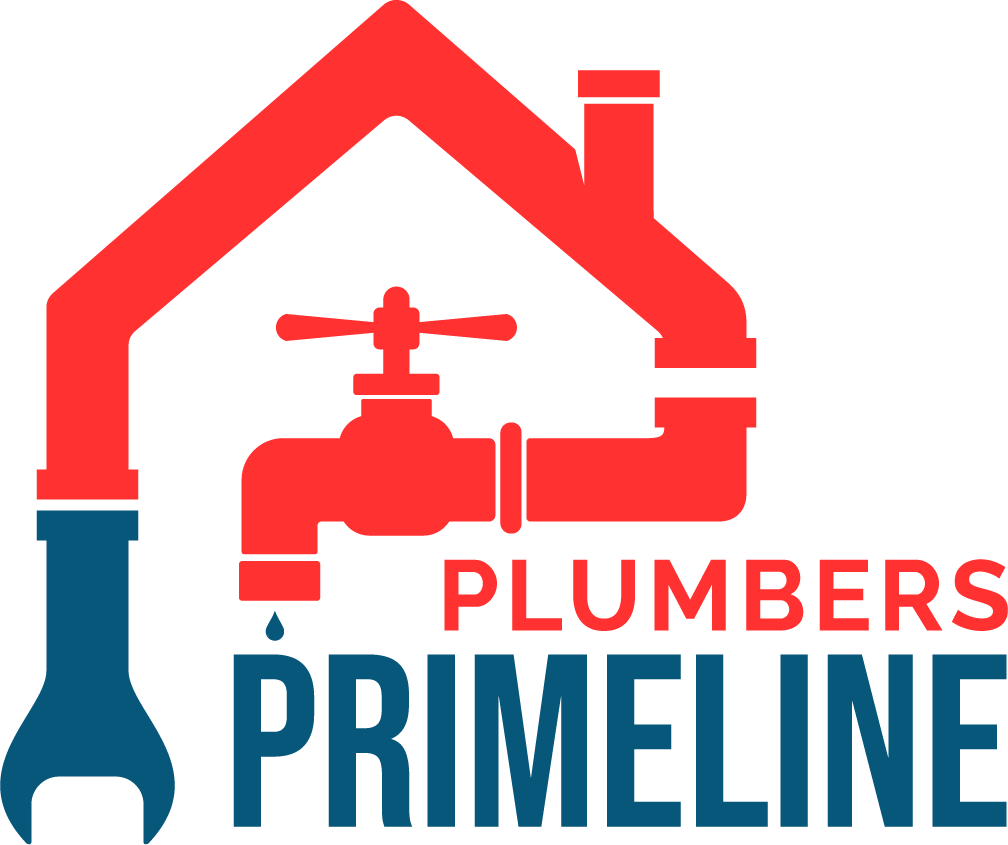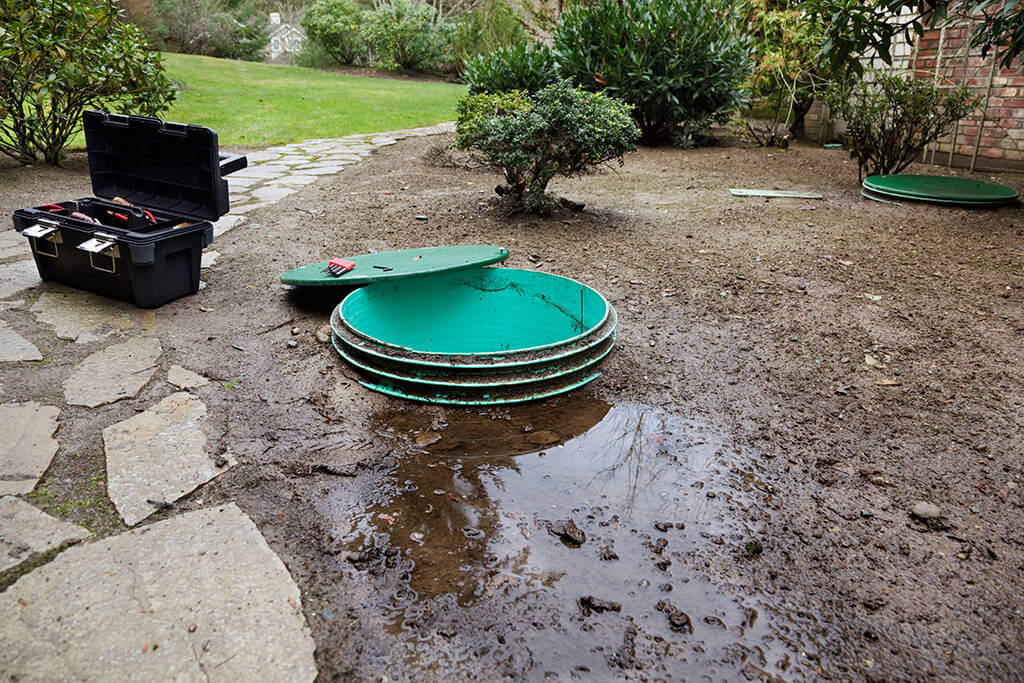If your property is not connected to the municipal sewer drain line then a septic tank is an essential component of your home. It separates the solids from the liquids of the household wastewater and disposes of it.
However, over time septic tanks can experience many issues including the worst collapsing. However, any repairs or maintenance of such tanks is costly. So, if you are wondering how long you can use a collapsed septic tank then you are at the right place.
What is a Collapsed Septic Tank?
There could be many reasons why septic tanks collapse. Some of them are:
- Aging and Deterioration
Many chemical reactions happen in the septic tank that can cause the tank to deteriorate. Particularly concrete and metal tanks are vulnerable to environmental factors or rust that can cause their structural weakness.
- Excessive Weight
If heavy vehicles or construction equipment drive over the septic tank then they can affect it. It causes the tank to cave in.
- Poor Installation or Manufacturing Defects
Subpar material quality or improper installation can cause the failure of the tank structure.
- Root Intrusion
Particularly in concrete tanks, tree roots can infiltrate the tank walls and damage them. This causes cracks in the tank or complete collapse.
When a septic tank collapses, it means its structural integrity is compromised. This will reduce the tank’s ability to hold wastewater properly which can lead to serious concerns.
Risks of Using a Collapsed Septic Tank
- Health Hazards
If a septic tank explodes untreated wastewater will be released into the surrounding area. It can contaminate groundwater and nearby water bodies. This exposure can cause a plethora of diseases. It can cause serious infections, particularly gastrointestinal and respiratory issues.
- Environmental Damage
Untreated sewage from the septic tank can harm the soil by contaminating nearby water sources. This can seriously affect the wildlife of an area. Moreover, nutrient overload from the wastewater can cause algal blooms in the nearby water bodies.
- Property Damage
Upon septic tank collapse, the ground above the tank may sink. They will create dangerous depressions or sinkholes that can damage landscaping or even vehicles. This can be even life-threatening so repairing it asap is extremely important. However, such repairs can be costly and disruptive.
- Plumbing Backups
A collapsed septic tank can cause serious plumbing issues in your home or in your property. Drains will become slow or even fully blocked. In fact, it can cause sewage to back up into sinks, bathtubs, and toilets creating a very unpleasant situation.
- Legal and Regulatory Issues
Many areas require septic tank maintenance to prevent environmental contamination and public health risks. Using a collapsed tank can cause fines or legal actions.
To avoid all such risks regular septic tank maintenance is necessary. So, hire experts such as the ones from Primeline Plumbers, who will make sure your septic tank stays in its prime condition.
How Long Can You Use a Collapsed Septic Tank?
The short answer is you shouldn’t use a collapsed septic tank at all. Once your Septic tank starts showing signs of collapse, it’s no longer safe or functional. So, continuing to use it can increase the risks and damage. This not only increases the repair cost but also poses serious health issues.
Signs of a Collapsed Septic Tank
If you think your septic tank is collapsing, look for these signs.
- Unexpected Dips in the Yard
A failed septic tank frequently leaves a sinkhole or depression where the tank was buried.
- Sewage Smells
Strong, pungent smells within the house or next to the septic tank can be signs of a leak or malfunction.
- Wet, Soggy Patches
Even in dry weather, wet spots in your yard could indicate that untreated wastewater is seeping out of the tank.
- Regular Backups
Even after the pipes have been cleansed, persistent plumbing backups and sluggish drains could be signs of a tank failure.
- Lush, Green Grass
Sewage leakage can be the cause of an abnormally lush and healthy patch of grass above the septic tank.
What to Do if Your Septic Tank Collapses
- Stop Using Water Immediately
Avoid using water in your home as much as possible if you think your septic tank has failed. To avoid adding to the system’s stress, this entails using sinks, toilets, and appliances like dishwashers and washing machines sparingly.
- Contact a Professional
Make quick contact with a certified septic system specialist. They will examine your tank and assess the level of damage. Experts can also provide advice on whether to replace the tank or try to repair it.
- Consider Alternative Waste Management
While waiting for repairs or replacement, consider using alternative solutions. This can prevent additional damage to the septic system and reduce the risk of sewage exposure.
A collapsed septic tank can cause severe damage to your property and disrupt your daily life. Primeline Plumbers offers fast, reliable, and affordable repair and replacement services across New York City. Call us today to schedule an inspection and get your septic system back in working order!
Conclusion
Using a collapsed septic tank is extremely risky and should be avoided. A collapsed septic tank can cause a plethora of hazards. To prevent any such thing from happening, contact us to have regular maintenance of your septic tank.
Moreover, in case you think your septic tank is collapsing, they will take appropriate actions to minimize the damage.



Comments are closed